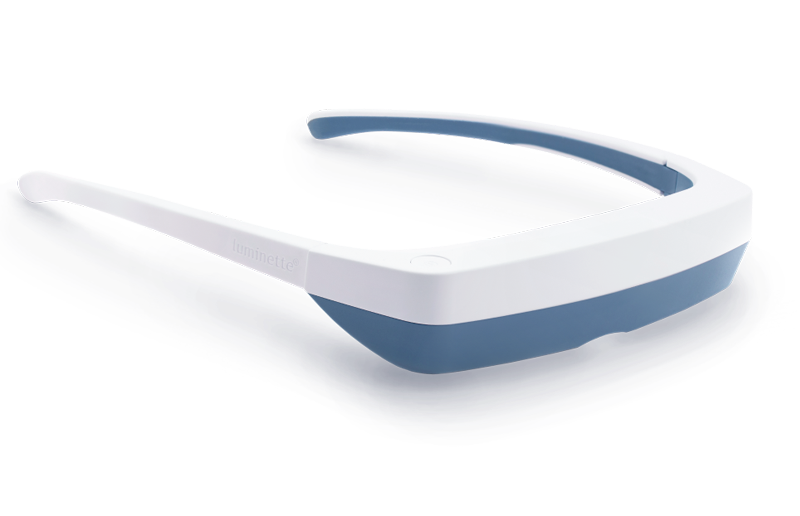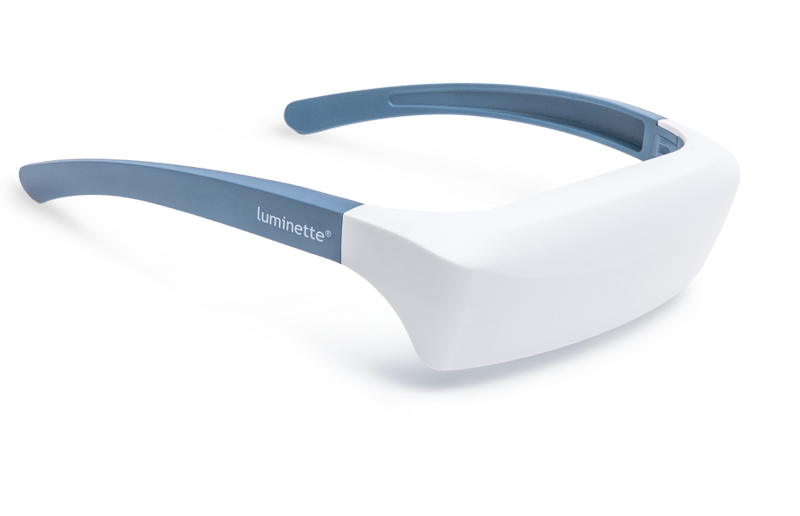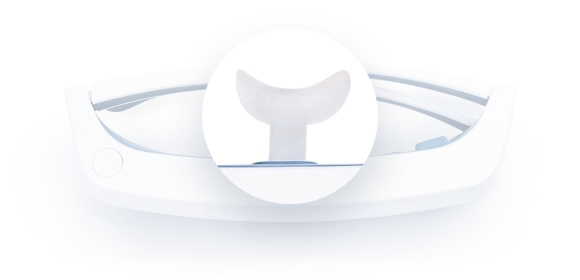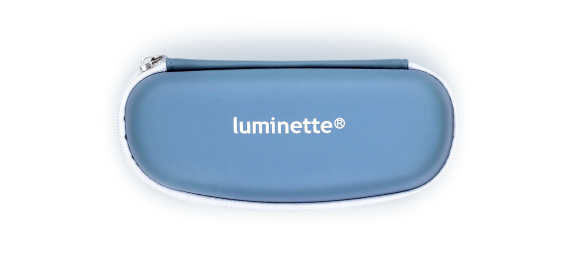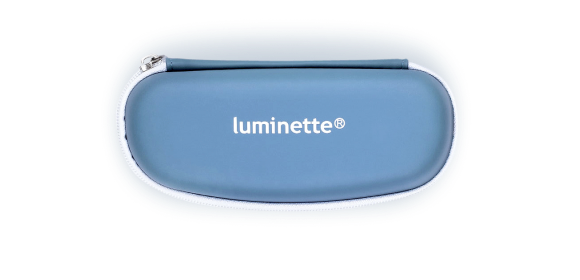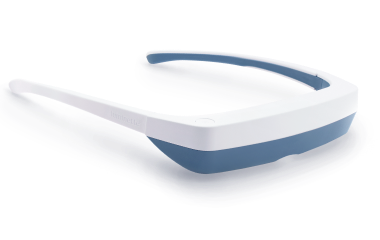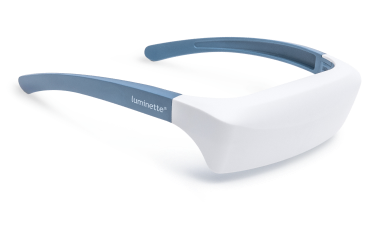Tuntuuko sinusta jatkuvasti väsynytstä, vaikka nukut riittävästi? Oletko miettinyt, onko olemassa yksinkertainen tapa lisätä energiatasojasi luonnollisesti? Monet ihmiset kääntyvät vitamiinien ja lisäravinteiden puoleen etsiessään energian lisäystä, ja yksi niistä on saanut erityistä huomiota—D-vitamiini. Tässä artikkelissa tutkimme, voiko D-vitamiini antaa sinulle energiaa. Paljastamme, mitä D-vitamiini on, miten se toimii kehossasi ja parhaat tavat lisätä D-vitamiinitasojasi. Lopuksi sinulla on kattava ymmärrys siitä, miten D-vitamiini voisi olla avain energiatason elvyttämiseen.
Mikä on D-vitamiini?
D-vitamiini, jota usein kutsutaan "auringonpaistevitamiiniksi", on välttämätön yleiselle terveydellemme. Toisin kuin useimmat vitamiinit, D-vitamiini toimii enemmän hormonin tavoin. Sitä tuottaa kehomme, kun iho altistuu auringonvalolle. Tämä ainutlaatuinen ominaisuus erottaa sen muista vitamiineista, jotka meidän on pääasiassa saatava ravinnon ja lisäravinteiden kautta.
D-vitamiinin kaksi pääasiallista lähdettä ovat:
- Auringonvalo—Kun auringon ultravioletti B (UVB) -säteet osuvat ihoomme, ne käynnistävät D-vitamiinin synteesin.
- Ravinto—Ruoat kuten rasvainen kala, kananmunankeltuainen ja täydennetyt maitotuotteet ovat erinomaisia D-vitamiinin lähteitä.
D-vitamiinityypit: D2 vs. D3
D-vitamiinia on kahta päämuotoa – D2 (ergokalsiferoli) ja D3 (kolekalsiferoli). Vaikka molemmat tyypit täyttävät saman tehtävän kehossa, ne tulevat eri lähteistä:
- D2-vitamiini löytyy pääasiassa kasvipohjaisista ruoista ja täydennetyistä tuotteista.
- D3-vitamiini löytyy eläinperäisistä ruoista ja sitä tuottaa myös ihomme auringonvalon vaikutuksesta.
Tutkimukset viittaavat siihen, että D3-vitamiini on tehokkaampi nostamaan ja ylläpitämään veren kokonais-D-vitamiinitasoja verrattuna D2-vitamiiniin.
Miten D-vitamiini toimii kehossa
D-vitamiini näyttelee ratkaisevaa roolia useiden tärkeiden kehon toimintojen ylläpitämisessä. Kun sitä on tuotettu iholla tai nautittu ravinnon ja lisäravinteiden kautta, D-vitamiini käy läpi kaksi keskeistä muuntumisprosessia – maksassa ja munuaisissa – ennen kuin siitä tulee aktiivinen. Tämä aktiivinen D-vitamiinin muoto säätelee kalsiumin ja fosforin tasapainoa verenkierrossa, mikä on olennaista terveiden luiden ja hampaiden ylläpitämiseksi. Luuston terveyden tunnetun roolin lisäksi D-vitamiini tukee immuunijärjestelmää, parantaa lihastoimintaa ja vähentää tulehdusta. Nämä laaja-alaiset vaikutukset korostavat riittävien D-vitamiinitasojen ylläpitämisen tärkeyttä kokonaisvaltaiselle hyvinvoinnille.
Rooli kalsiumin imeytymisessä
Yksi D-vitamiinin päätehtävistä on helpottaa kalsiumin imeytymistä suolistossamme. Kalsium on ratkaisevan tärkeää vahvojen luiden ja hampaiden ylläpitämiseksi. Ilman riittävää D-vitamiinia kehomme kamppailee imeyttääkseen nauttimamme kalsiumin, mikä voi johtaa luiden heikkenemiseen ja sairauksiin kuten osteoporoosiin.
Vaikutus immuunijärjestelmään
D-vitamiinilla on myös merkittävä rooli immuunijärjestelmän vahvistamisessa. Se tehostaa monosyytin ja makrofagien – valkosolujen, jotka ovat tärkeitä immuunipuolustuksessamme – taudinaiheuttajia torjuvia vaikutuksia ja vähentää tulehdusta. Riittävät D-vitamiinitasot auttavat kehoamme torjumaan infektioita ja toipumaan sairauksista nopeammin.
Vaikutus lihasten toimintaan
D-vitamiini on elintärkeä lihasten toiminnalle. Se parantaa lihasproteiinin synteesiä, voimaa ja massaa. Tutkimukset ovat osoittaneet, että riittävät D-vitamiinitasot voivat parantaa lihasten suorituskykyä ja vähentää kaatumisten ja murtumien riskiä, erityisesti vanhemmilla aikuisilla.
Miten D-vitamiini antaa energiaa?
Vaikka D-vitamiini ei ole suora energianlähde kuten hiilihydraatit tai rasvat, se näyttelee ratkaisevaa roolia energiatason ylläpitämisessä. D-vitamiini tukee epäsuorasti energiantuotantoa varmistamalla optimaalisen lihastoiminnan ja immuunijärjestelmän suorituskyvyn. Kun lihaksesi toimivat kunnolla ja immuunijärjestelmäsi ei ole ylikuormittunut, tunnet vähemmän väsymystä.
Lisäksi D-vitamiini vaikuttaa mielialaa sääteleviin välittäjäaineisiin, kuten serotoniiniin. Alhaiset serotoniinitasot liittyvät väsymykseen ja masennukseen. Lisäämällä serotoniinitasoja D-vitamiini voi auttaa parantamaan yleistä mielialaasi ja energiatasojasi.
D-vitamiinin puutos ja väsymys
D-vitamiinin puutos on yleinen ongelma, joka voi johtaa krooniseen väsymykseen. D-vitamiinin puutteen oireita ovat:
- Pitkäkestoinen väsymys
- Lihasheikkous
- Nivelkipu
- Mielialan vaihtelut
Useat tutkimukset ovat korostaneet matalien D-vitamiinitasojen ja lisääntyneen väsymyksen välistä yhteyttä. Jos koet selittämätöntä väsymystä, voi olla hyödyllistä tarkistaa D-vitamiinitasosi.
Tapoja lisätä D-vitamiinitasoja
D-vitamiinitasojen nostaminen on tärkeää hyvän terveyden ja vireyden ylläpitämiseksi. Onneksi on useita tapoja varmistaa, että saat riittävästi tätä tärkeää ravintoainetta. Ruokavalion muutoksista elämäntapojen säätöihin D-vitamiinin saannin lisääminen voi olla sekä helppoa että erittäin tehokasta. Alla tarkastelemme joitakin parhaita keinoja, joilla voit luonnollisesti ja lisäravinteiden avulla parantaa D-vitamiinitasojasi, varmistaen, että pysyt energisenä ja terveenä.
Ravinnon lähteet
D-vitamiinipitoisten ruokien sisällyttäminen ruokavalioon on helppo tapa lisätä D-vitamiinitasoja. Parhaita ravinnonlähteitä ovat muun muassa:
- Rasvaiset kalat, kuten lohi, makrilli ja sardiinit
- Kananmunankeltuainen
- Vahvistetut elintarvikkeet, kuten maito, appelsiinimehu ja viljatuotteet
- Juusto
Auringonoton ohjeet
Auringonvalo on merkittävä luonnollinen D-vitamiinin lähde. Noin 10–30 minuutin oleskelu keskipäivän auringossa useita kertoja viikossa voi auttaa ylläpitämään riittäviä D-vitamiinitasoja. Ihotyyppi, sijainti ja vuodenaika vaikuttavat kuitenkin tuotetun D-vitamiinin määrään. Muista aina suojata iho UV-säteilyn aiheuttamien riskien välttämiseksi.
Lisäravinteet
Jos riittävän D-vitamiinin saanti ruokavaliosta ja auringonvalosta on haastavaa, lisäravinteet voivat olla tehokas ratkaisu. D3-vitamiinilisät suositellaan yleensä D2:n sijaan niiden parempien vaikutusten vuoksi veren D-vitamiinitasojen nostamisessa. On suositeltavaa keskustella terveydenhuollon ammattilaisen kanssa sopivan annostuksen määrittämiseksi omien tarpeidesi perusteella.
Valohoito
Niille, jotka asuvat alueilla, joilla on vähän auringonvaloa, valohoito voi olla vaihtoehtoinen tapa lisätä D-vitamiinitasoja. Laitteet kuten myluminette tarjoavat valohoitoratkaisuja, jotka voivat jäljitellä auringonvaloa ja auttaa kehoasi tuottamaan D-vitamiinia myös pimeämpinä kuukausina.
D-vitamiinin puutokseen vaikuttavat tekijät
Huolimatta monista tärkeistä tehtävistään, D-vitamiinin puutos on melko yleistä, erityisesti tietyissä väestöryhmissä. Useat tekijät voivat vaikuttaa D-vitamiinin puutteeseen, mukaan lukien rajoittunut auringonvalolle altistuminen, joka on useimmille ihmisille tärkein D-vitamiinin lähde. Muita tekijöitä ovat asuminen alueilla, joilla on vähän auringonvaloa, tumma ihonväri, ylipaino tai lihavuus sekä tietyt sairaudet, jotka vaikuttavat kehon kykyyn imeyttää tai metaboloida D-vitamiinia. Lisäksi jotkut ihmiset eivät saa riittävästi D-vitamiinia ruokavaliostaan, sillä sitä esiintyy luonnollisesti vain muutamissa ruoissa, kuten rasvaisessa kalassa ja kananmunankeltuaisissa. Tällaiset tekijät voivat johtaa D-vitamiinin puutteeseen, jolla voi olla monenlaisia haitallisia terveysvaikutuksia.
D-vitamiinin puutteen oireet: mitä kannattaa huomioida
Kun kehosi ei saa tarpeeksi D-vitamiinia, se voi aiheuttaa erilaisia oireita, joista osa on hienovaraisia ja helposti ohitettavia.
- Tunnetuin D-vitamiinin puutteen oire on heikentyneet luut, mikä voi johtaa sairauksiin kuten osteoporoosiin ja lisääntyneeseen murtumariskin.
- Muita oireita voivat olla väsymys, lihasheikkous, masennus ja heikentynyt immuunijärjestelmä, mikä voi lisätä infektioiden ja sairauksien riskiä.
- Vakavammissa tapauksissa D-vitamiinin puutos voi johtaa sairauksiin, kuten riisitautiin lapsilla ja osteomalasiaan aikuisilla, jotka molemmat aiheuttavat heikentyneitä luita ja lihasheikkoutta.
Jos sinulla on jokin näistä oireista, on tärkeää keskustella terveydenhuollon ammattilaisen kanssa, joka voi auttaa sinua selvittämään, onko sinulla D-vitamiinin puutos ja suositella sopivaa hoitoa.
D-vitamiini imeväisille ja raskauden aikana
D-vitamiini on erityisen tärkeä imeväisille ja raskaana oleville naisille. Rintaruokitut imeväiset eivät välttämättä saa riittävästi D-vitamiinia pelkästään äidinmaidosta, koska D-vitamiinin määrä äidinmaidossa on usein alhainen. Tämän vuoksi suositellaan, että rintaruokitut imeväiset saavat päivittäin 400 kansainvälistä yksikköä (IU) D-vitamiinilisää syntymästä siihen asti, kunnes heidät vieroitetaan äidinmaidosta korvikkeeseen tai he saavat riittävästi D-vitamiinilla täydennettyjä ruokia. Raskaana olevat naiset tarvitsevat myös riittävästi D-vitamiinia sikiön kasvun ja kehityksen tukemiseksi. Alhaiset D-vitamiinitasot raskauden aikana on yhdistetty kohonneeseen riskiin saada pre-eklampsia, raskausdiabetes ja pieni syntymäpaino. Raskaana olevia naisia kehotetaan keskustelemaan terveydenhuollon ammattilaisen kanssa D-vitamiinitilanteestaan ja siitä, tarvitsevatko he lisäravinteita.
D-vitamiinin lähteet: auringonvalo, ruoka ja valohoito
D-vitamiinia voi saada useista lähteistä. Yksi yleisimmistä lähteistä on auringonvalo, joka käynnistää D-vitamiinin tuotannon ihossa. Kuitenkin riittävän D-vitamiinin saaminen pelkästään auringonvalosta voi olla vaikeaa, erityisesti niille, jotka asuvat alueilla, joilla on vähän auringonvaloa, tai jotka käyttävät vaatteita, jotka peittävät suurimman osan ihosta.
Auringonvalon ja ruoan lisäksi toinen tapa saada D-vitamiinia on valohoito, joka tunnetaan myös fototerapiana. Tämä hoito sisältää ihon altistamisen tietyn aallonpituuden valolle, mikä voi stimuloida D-vitamiinin tuotantoa.
Monet ruoat, kuten rasvaiset kalat (lohi, tonnikala ja makrilli), kananmunankeltuaiset, juusto ja naudan maksa, sisältävät D-vitamiinia. Lisäksi jotkut ruoat, kuten maito, appelsiinimehu ja viljatuotteet, on rikastettu D-vitamiinilla auttamaan ihmisiä saavuttamaan päivittäiset tarpeensa. D-vitamiinilisät ovat myös saatavilla niille, joilla on vaikeuksia saada riittävästi D-vitamiinia ruoasta tai auringonvalosta.
"Lisääkö valohoito D-vitamiinia?" on yleinen kysymys. Valohoitolasit voivat todellakin auttaa D-vitamiinin tuotannossa ihon kautta. Kun iho altistuu ultraviolettisäteilylle (UV), se käynnistää prosessin, jossa ihon kolesterolimuoto muuttuu D-vitamiiniksi. Tämä prosessi tapahtuu luonnollisesti auringonvalolle altistuessa, mutta se voidaan saavuttaa myös erikoislasien avulla. On tärkeää käyttää varovaisuutta valohoitolaseja käytettäessä D-vitamiinin tuotantoon, sillä liiallinen UV-säteilyaltistus voi lisätä ihosyövän riskiä. Jos harkitset valohoitolaseja D-vitamiinin tuotantoon, on parasta keskustella terveydenhuollon ammattilaisen kanssa, joka voi antaa ohjeita turvallisesta ja tehokkaasta käytöstä.
Liiallisen D-vitamiinin saannin riskit ja oireet
Vaikka D-vitamiinilla on monia mahdollisia terveyshyötyjä, kuten luiden ja immuunijärjestelmän vahvistaminen, tämän vitamiinin liiallinen kulutus voi aiheuttaa keholle haitallisia vaikutuksia.
D-vitamiinin toksisuuden oireita voivat olla pahoinvointi, oksentelu, ummetus ja heikkous. On tärkeää ylläpitää tasapainoinen ja sopiva D-vitamiinin saanti, jotta sen hyödyt voidaan saada ilman haittavaikutuksia. Jos olet huolissasi D-vitamiinitasostasi, on parasta keskustella terveydenhuollon ammattilaisen kanssa, joka voi antaa ohjeita oikeasta lisäravinteiden käytöstä ja seurannasta.
On tärkeää huomata, että suositeltu päivittäinen D-vitamiinin saanti vaihtelee iän ja muiden tekijöiden, kuten auringonvalon määrän ja maantieteellisen sijainnin mukaan. Vaikka jotkut ihmiset voivat hyötyä D-vitamiinilisästä, toiset saattavat saada riittävästi D-vitamiinia pelkän ruokavalion ja auringonvalon kautta. Lisäksi tietyistä sairauksista, kuten munuaissairaudesta tai sarkoidoosista, kärsivien henkilöiden tulee olla varovaisia D-vitamiinin saannin kanssa.
Yhteenvetona, vaikka D-vitamiini voi tarjota monia terveyshyötyjä, liiallinen käyttö voi johtaa haitallisiin oireisiin ja komplikaatioihin. On tärkeää ylläpitää tasapainoista ja sopivaa D-vitamiinin saantia sekä keskustella terveydenhuollon ammattilaisen kanssa, jos sinulla on huolia D-vitamiinitasoistasi tai lisäravinteiden käytöstä.
Lisää energiaasi valoterapialla
Jos kamppailet väsymyksen ja matalien energiatasojen kanssa, valoterapia voi olla tehokas lisä D-vitamiinirutiiniisi. Erityisesti pimeämpinä kuukausina tai niille, jotka viettävät suurimman osan ajastaan sisätiloissa, valoterapia auttaa simuloimaan auringonvaloa, edistäen valppautta ja parantunutta mielialaa. Valoterapia toimii stimuloimalla silmien valoreseptoreita, vaikuttaen vuorokausirytmeihin ja lisäämällä päivän aikaista energiatasoa.
Valoterapialasit tarjoavat kätevän ja kannettavan tavan saada tarvittavaa altistusta, kun taas Valoterapialamppu toimii luotettavana paikallaan pysyvänä vaihtoehtona energian ja keskittymisen lisäämiseen.
Valoterapian yhdistäminen D-vitamiiniin voi tehdä merkittävän eron energiatasoissa, auttaen sinua tuntemaan olosi virkeämmäksi ja valmiimmaksi kohtaamaan päivän haasteet.
UKK
Antaako D-vitamiini energiaa?
D-vitamiinilla on keskeinen rooli energian tuotannossa. Vaikka se ei suoraan anna energiaa, se auttaa kehoa prosesseissa, jotka johtavat energian tuotantoon. D-vitamiinin puutos voi johtaa väsymykseen tai uupumukseen.
Mikä on yhteys D-vitamiinin ja väsymyksen välillä?
D-vitamiinin puutos voi aiheuttaa väsymystä tai uupumusta, joka on yleinen oire monissa sairauksissa. Tämä johtuu siitä, että D-vitamiini on elintärkeä luuston terveydelle ja osallistuu immuunijärjestelmän terveeseen toimintaan sekä energian tuotantoon.
Kuinka voin lisätä D-vitamiinitasojani?
Voit lisätä D-vitamiinitasoasi saamalla enemmän auringonvaloa, syömällä D-vitamiinipitoisia ruokia kuten rasvaista kalaa ja täydennettyjä maitotuotteita tai ottamalla D-vitamiinilisää terveydenhuollon ammattilaisen kanssa neuvoteltuasi.
Mitkä ovat D-vitamiinin tärkeimmät lähteet?
D-vitamiinin pääasialliset lähteet ovat auringonvalo, ravinnon lähteet (kuten rasvainen kala, kananmunankeltuaiset ja täydennetyt elintarvikkeet) sekä ravintolisät.
Miten D-vitamiinin puutos vaikuttaa energiatasoihin?
D-vitamiinin puutos voi johtaa krooniseen väsymykseen, lihasheikkouteen ja mielialan vaihteluihin, jotka kaikki voivat merkittävästi vaikuttaa energiatasoihin.
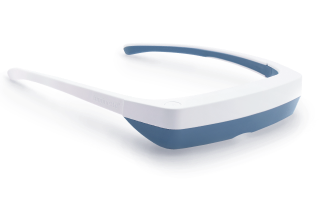
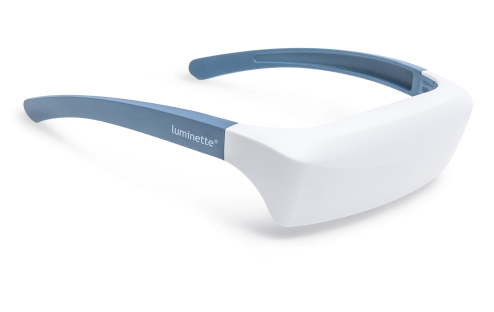

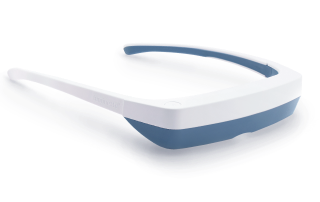
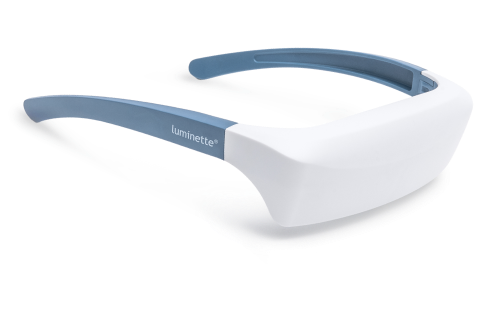

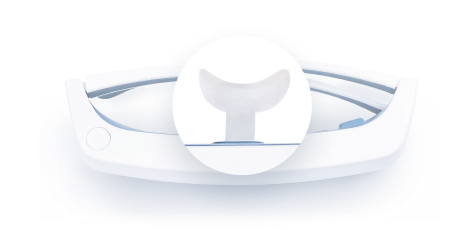
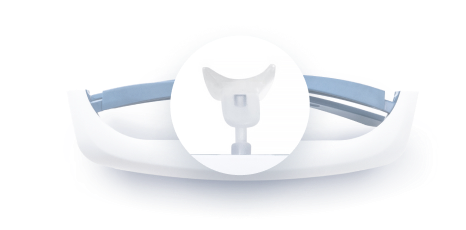
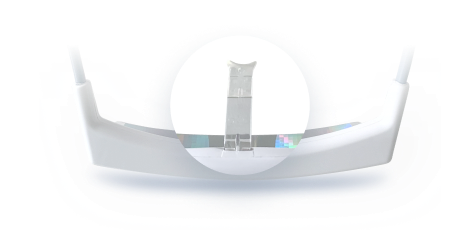
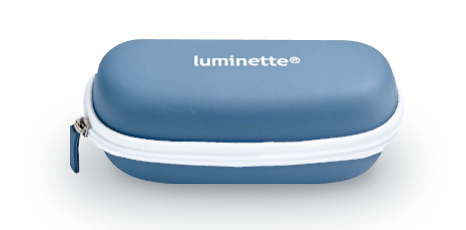
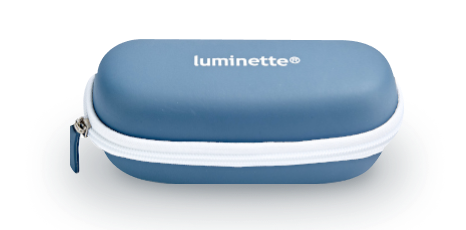
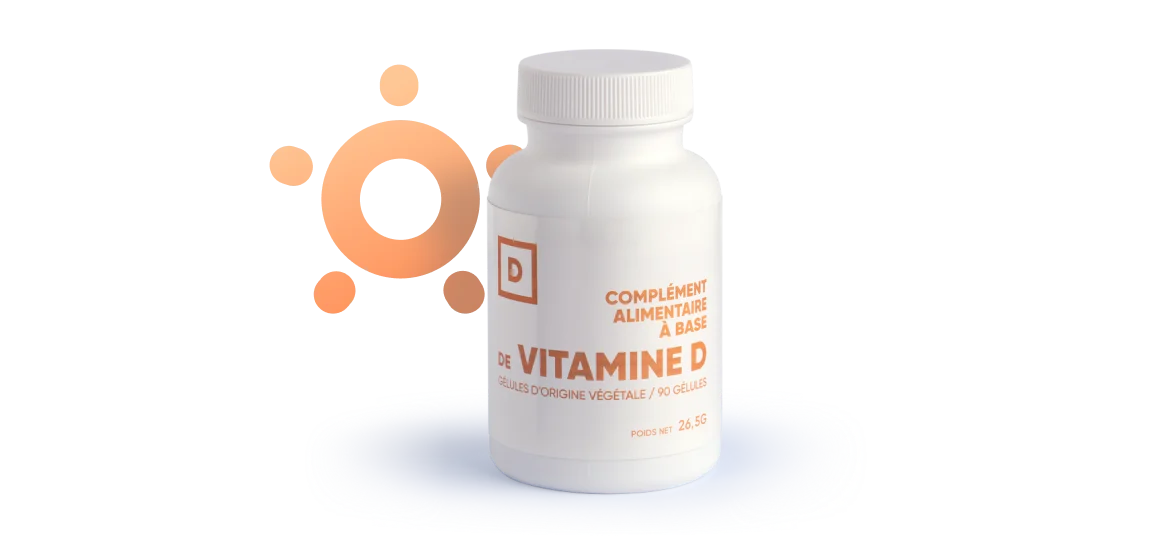
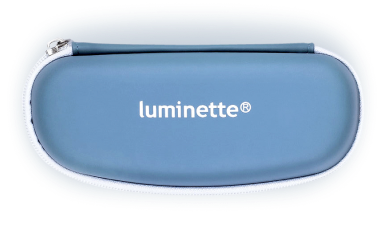
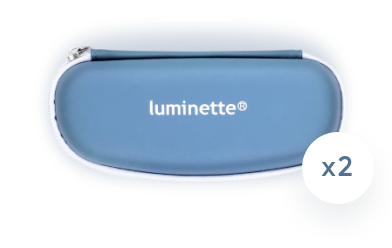
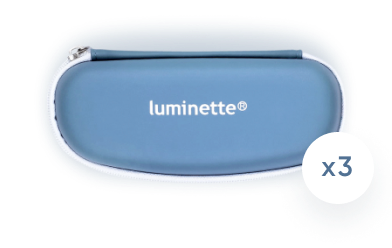
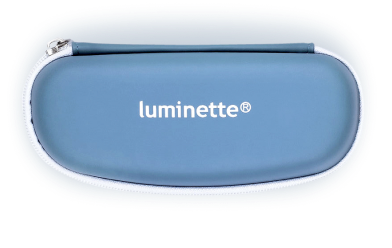
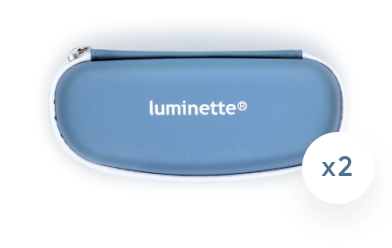
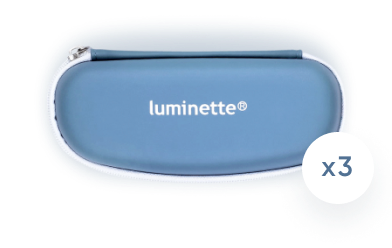
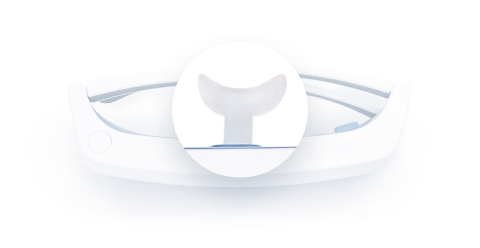
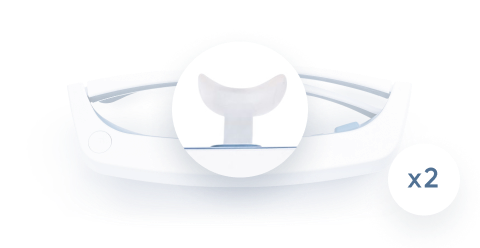
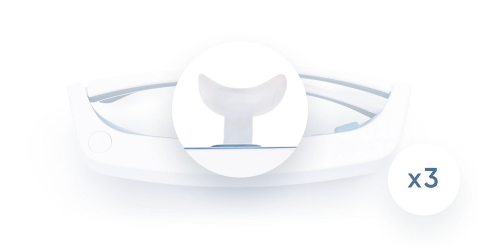

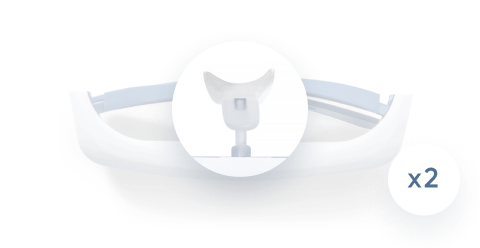
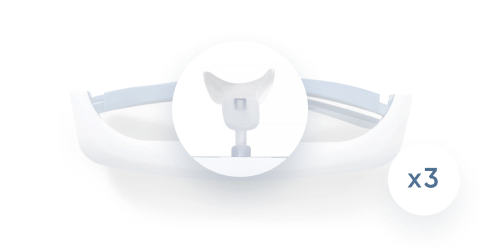
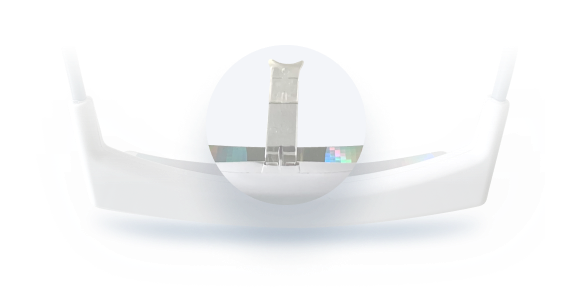


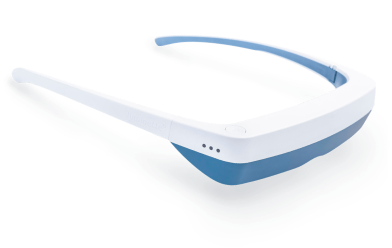
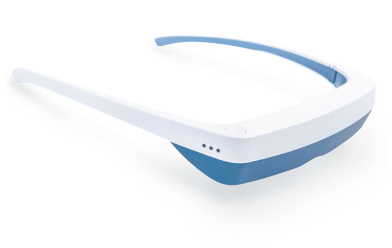



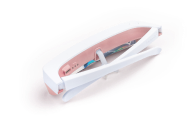
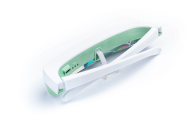

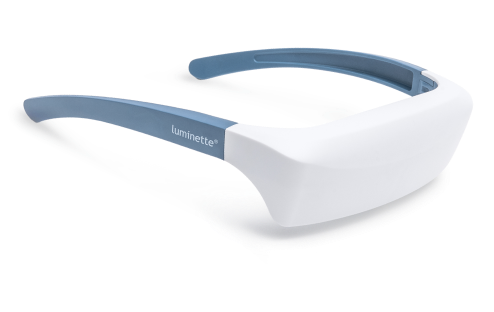
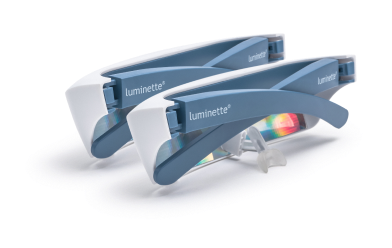

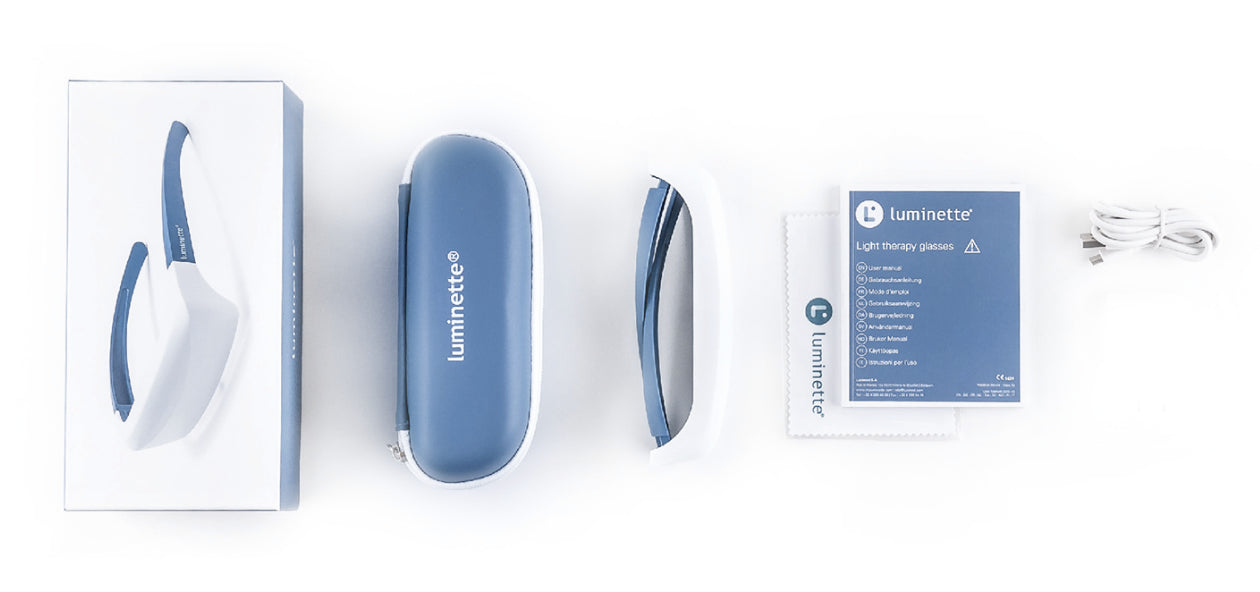
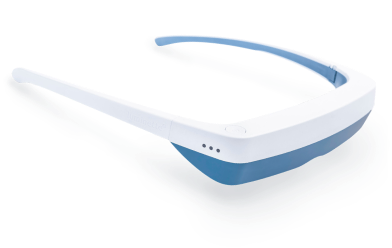
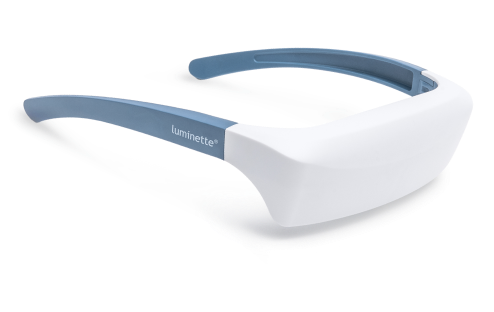




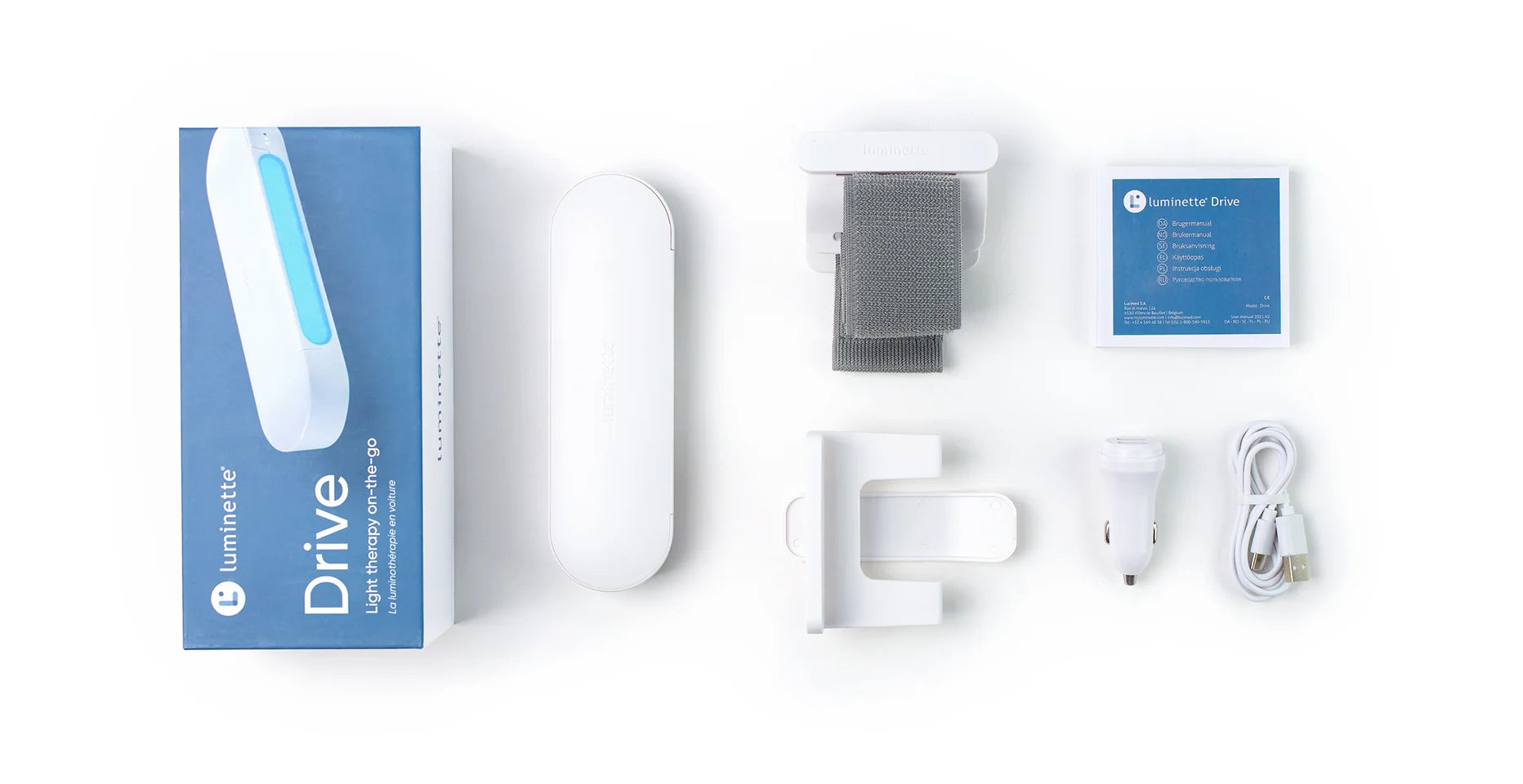
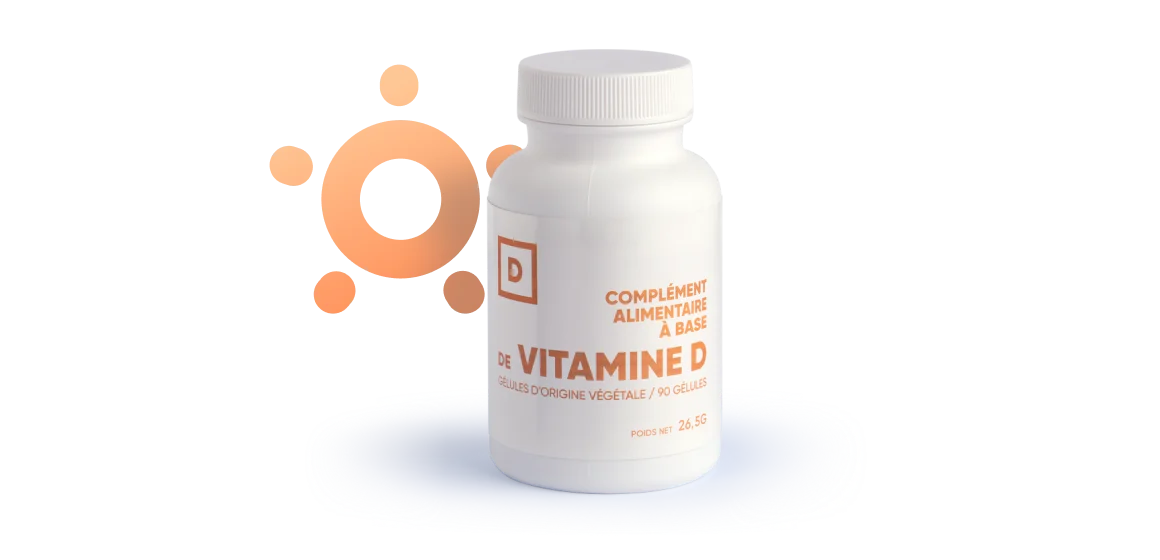



 Huomioithan
Huomioithan



